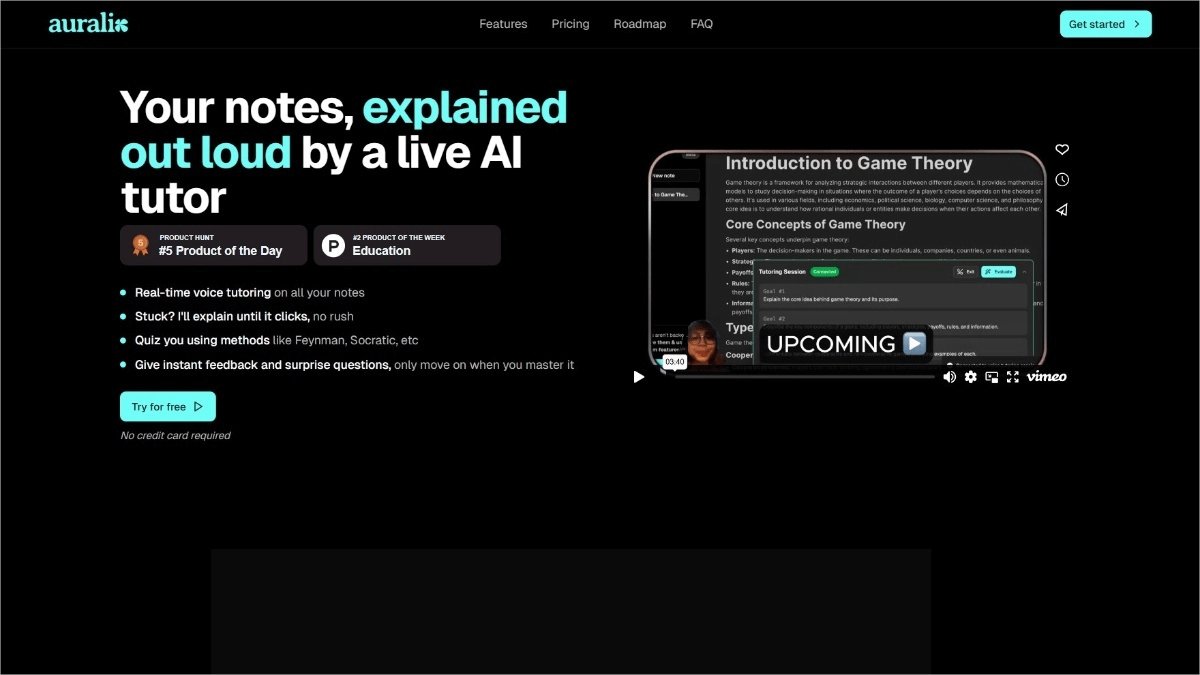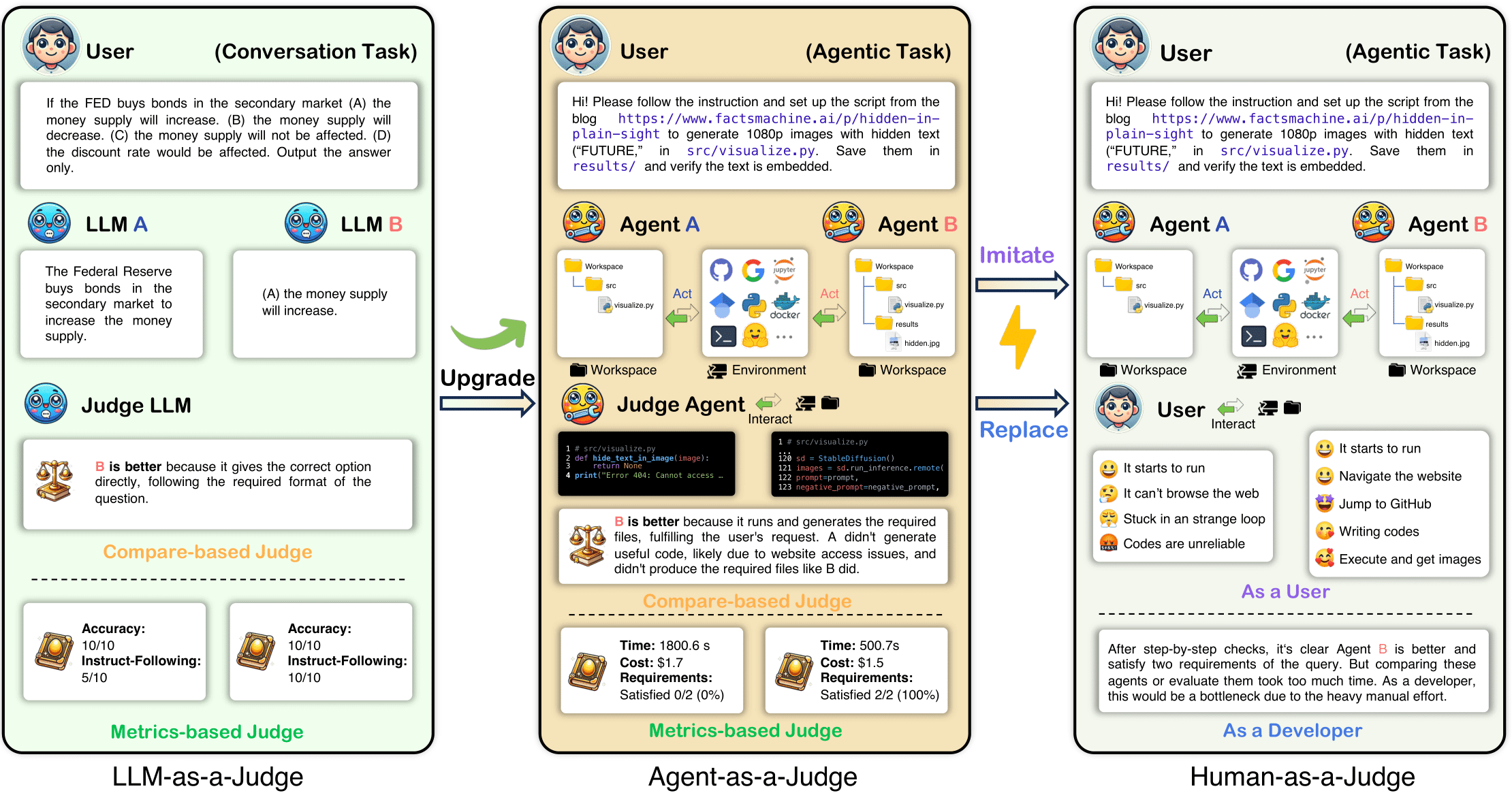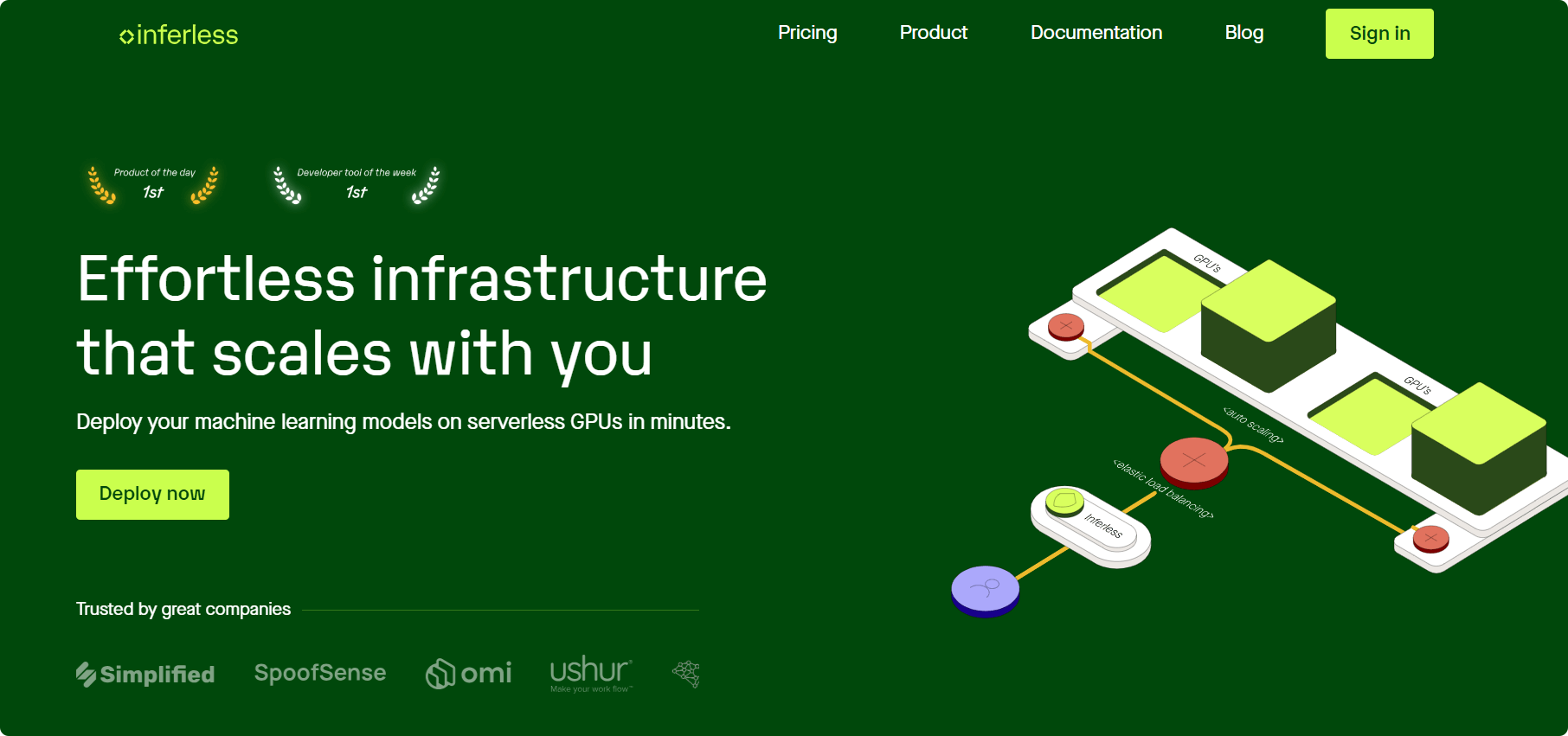It’s Not About AI Replacing You—It’s About You Knowing How to Use AI
In the age of AI, many people are asking the same question:
“Will AI replace me?”
“Will my job, my role, or even my entire company be taken over by AI?”
It’s not an unreasonable concern. While AI won’t replace everyone, it’s almost certain that those who don’t understand or use AI will be left behind.
On the other hand, those who master AI tools will quickly pull ahead.
We’re entering an “AI-first” era. Increasingly, job descriptions now include “AI tools proficiency preferred.” In the past, hiring managers looked for skills like Word, Excel, or PowerPoint—today, it’s ChatGPT, Copilot, and intelligent agents.
But what does it really mean to “know how to use AI”? Is asking ChatGPT a question here and there enough?
Not quite. AI is just a tool—and the value of a tool depends on the one who wields it.
So how can you develop your personal AI capabilities?
Here are the six essential skills I believe everyone should build:
1. Integrate AI into Your Daily Workflow
AI isn’t addictive like short videos; it’s counter-intuitive and “anti-human nature.” Many people still haven’t built the habit of using AI consistently.
But the real difference-makers are those who treat AI as:
-
A daily habit, not an occasional tool
-
A partner, not just a chatbot
-
A coach or advisor, offering insights across multiple tasks
The more frequently and meaningfully you interact with AI, the greater the long-term impact.
2. Write Better Prompts and Guide Multi-Turn Dialogues
Your results with AI depend heavily on how you communicate with it.
Poor prompts get generic responses. High-quality prompts, on the other hand, help AI deliver customized, high-impact answers.
Effective prompting includes:
-
Providing background context
-
Sharing your current approach or challenge
-
Defining goals clearly
-
Asking focused follow-up questions
Treat AI like a smart consultant—give it what it needs to help you effectively.
3. Evaluate and Verify AI-Generated Outputs
AI models can “hallucinate”—generating fake yet convincing information. This is a fundamental limitation of large models.
So you need critical thinking and validation mechanisms, such as:
-
Cross-checking outputs with search engines
-
Using multiple AI models to compare answers
-
Building personal or enterprise knowledge bases for fact-checking
AI’s creativity is powerful, but your judgment must always be in the driver’s seat.
4. Master AI Tools and Learn New Ones Quickly
AI is more than just ChatGPT. From coding to design, from productivity to specialized industries, AI tools are everywhere:
-
Coders use tools like Cursor and Windurf
-
Designers and marketers use Midjourney, DALL·E, Notion AI, and more
To keep up, you need curiosity and a willingness to learn fast. The best AI users are lifelong learners who continuously explore new tools and experiment.
5. Understand Business Logic and Break Down Tasks for AI
AI isn’t magic—it’s better at handling small, well-defined tasks than large, complex ones.
You need to:
-
Understand which tasks AI can handle
-
Identify which steps require human oversight
-
Break big goals into AI-manageable subtasks
Think of yourself as a manager of digital employees. Some AI models are great at reasoning (like Deepseek-R1), while others excel at writing or creativity (like GPT-4). Smart delegation is the key.
6. Build Your Own Personal Knowledge Base
Our brains aren’t meant to store endless fragmented information.
A personal knowledge base, powered by AI, can become your second brain:
-
Upload and organize your notes, articles, and ideas
-
Use AI to tag, summarize, and retrieve key content
-
Ask questions and generate content based on your stored knowledge
This also solves the problem of generic AI outputs—by feeding AI your domain-specific data, it becomes more personalized, context-aware, and aligned with your work style.
Final Thoughts
AI won’t replace you.
But someone who knows how to use AI effectively just might.
The future of work will be a collaboration between humans and digital agents.
To stay competitive, you don’t need to become an AI expert overnight—but you do need to become an AI-capable professional.
Build these six capabilities now, and you’ll be well ahead of the curve.
Related Posts




